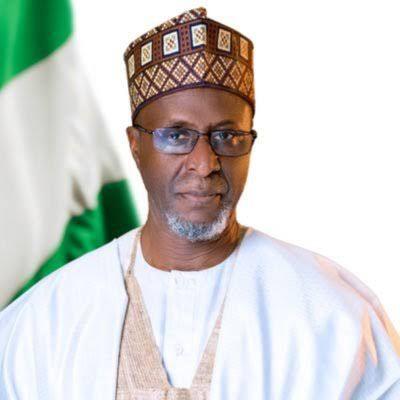The Minister of Environment, Malam Balarabe Lawal, has warned that inadequate environmental sanitation remains a major contributor to the prevalence of preventable communicable diseases in Nigeria.
Lawal issued the warning on Thursday in Abuja at a ministerial press conference ahead of the 2025 National Environmental Sanitation Day (NESD) commemoration.
Represented by Dr Bahijjahtu Abubakar, Director of Pollution Control and Environmental Health in the ministry, the minister noted that vector-borne diseases thrive in unsanitary environments, especially in developing countries.
“Diseases such as cholera, monkeypox, dengue fever, and even COVID-19 have highlighted the urgent need for improved access to sanitation and hygiene,” he said.
Lawal said this year’s NESD theme goes beyond routine provision of sanitation facilities and focuses on the safe management of such facilities to prevent disease outbreaks and protect public health.
He called for a more comprehensive approach that includes proper hygiene practices, safe waste disposal, and the effective management of sanitation systems.
“The theme underscores the critical role that safe hygiene practices play in preventing the spread of illness. It marks a shift toward more impactful and sustainable solutions,” he added.
He outlined NESD, which is marked annually on June 28, as a national advocacy and sensitisation platform to raise public awareness on sanitation and hygiene as a cost-effective means to save lives and prevent diseases.
Also speaking at the event, Dr Edwin Isotu-Edeh, a representative of the World Health Organisation (WHO) in Nigeria, stressed the need for stronger investment in sanitation.
“For every four lives lost in Nigeria, one could have been saved by addressing environmental risk factors including poor sanitation, climate change, and exposure to harmful chemicals,” he said.
Isotu-Edeh noted that safe sanitation and hygiene are closely linked and essential for protecting public health and advancing equitable development.
“Access to safe sanitation is not a privilege, it is a fundamental human right, as recognised by World Health Assembly Regulations 64 and 24,” he said.
He warned that Nigeria’s sanitation deficit continues to pose significant risks, including increased vulnerability to cholera and other communicable diseases, and called for urgent multi-sectoral action to address the challenge.

